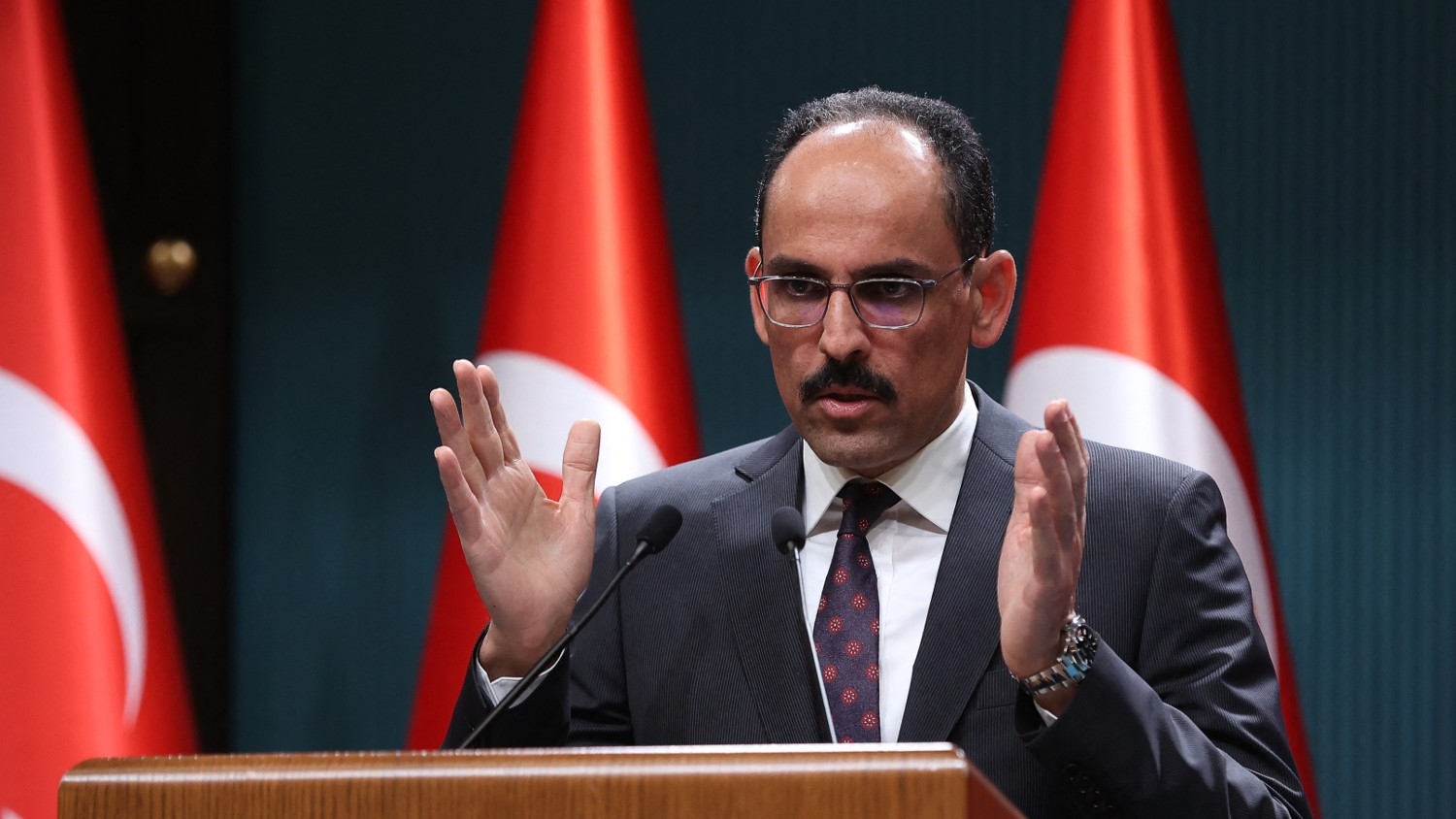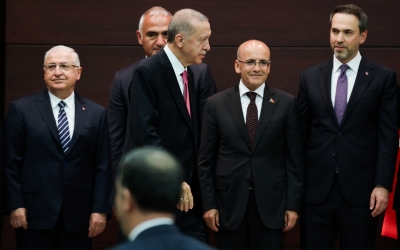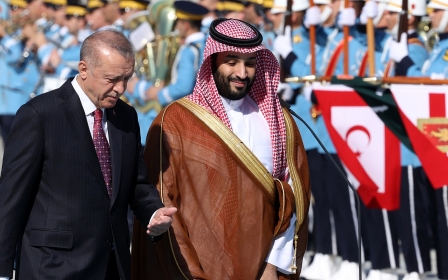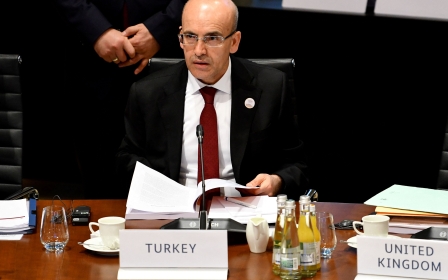Turkey: Erdogan appoints spokesperson Kalin as head of intelligence

Turkish President Recep Tayyip Erdogan appointed his spokesperson Ibrahim Kalin as the head of the National Intelligence Agency (MIT), the president's communications office said on Monday.
Kalin will replace the former intelligence chief Hakan Fidan, who had served in that role since 2010.
Fidan was appointed foreign minister on Saturday, and prior to that was an adviser to Erdogan in the prime minister's office. Erdogan once called the 55-year-old his "secret-keeper".
Kalin, a long-term confidante of Erdogan, has served as the spokesperson for the presidency and been a foreign policy adviser for the president since 2014.
He holds a PhD in Islamic Studies from George Washington University and was one of the founders of Seta, a pro-government think tank based in Ankara and with a branch in Washington.
New MEE newsletter: Jerusalem Dispatch
Sign up to get the latest insights and analysis on Israel-Palestine, alongside Turkey Unpacked and other MEE newsletters
The announcement is the latest of Erdogan's ministerial appointments after he clinched victory in a hotly contested runoff election. As the president begins another term in office, he has carried out a cabinet reshuffle, appointing new individuals to major ministerial positions.
In addition to the position of foreign minister, in which Erdogan replaced Mevlut Cavusoglu with Fidan, the Turkish president also appointed the internationally respected ex-banker Mehmet Simsek as treasury and finance minister.
Simsek's appointment is aimed at tackling Turkey's cost-of-living crisis and could set the stage for interest rate hikes in the coming months, which could mark a turnaround from Erdogan's longstanding policy of slashing rates despite soaring inflation.
Since 2012, Erdogan's economic programme has stressed monetary stimulus and targeted credit to boost economic growth, exports and investments, pressing the central bank into action and seriously eroding its independence.
As a result, annual inflation hit a 24-year peak beyond 85 percent officially last year before easing.
The lira has lost more than 90 percent of its value in the last decade after a series of crashes, the worst in late 2021. It hit new all-time lows beyond 20 to the dollar after the 28 May vote.
Middle East Eye delivers independent and unrivalled coverage and analysis of the Middle East, North Africa and beyond. To learn more about republishing this content and the associated fees, please fill out this form. More about MEE can be found here.





